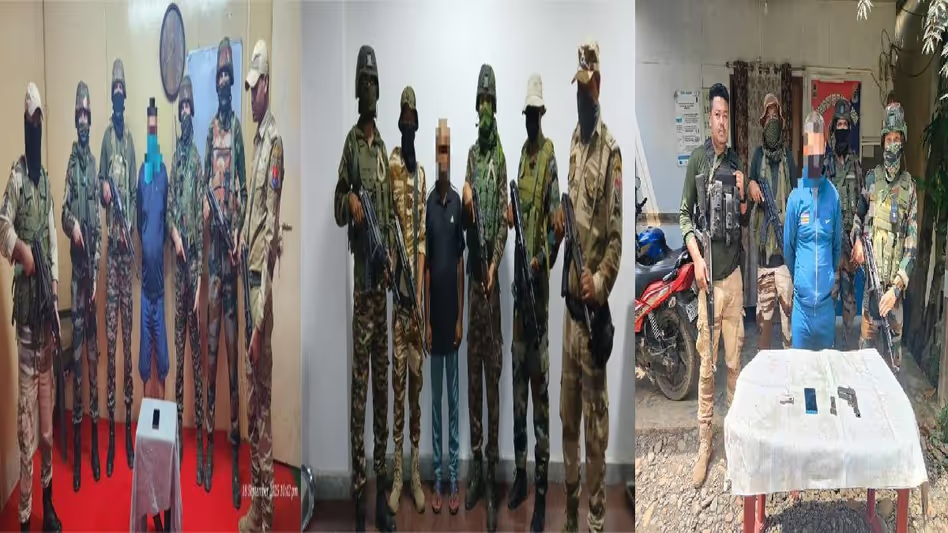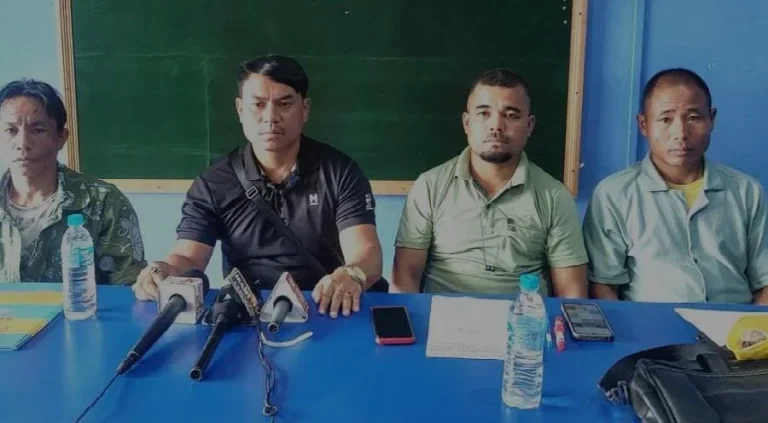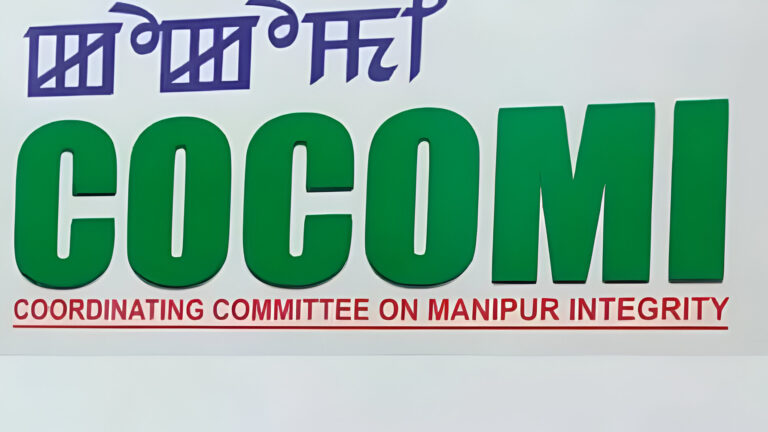Security Forces Arrest 3 Active KCP Cadres in Manipur
In coordinated operations over two days, security forces in Manipur arrested three active cadres of the proscribed Kangleipak Communist Party (KCP) — each from different KCP factions — during raids across Bishnupur, Imphal East and Imphal West districts. Officers recovered a .32 pistol (empty magazine), mobile phones, SIM cards and identity documents during the arrests. The detainees have been identified as Thokchom Romen Singh (47), Md. Sarat Khan alias Chacha (47), and Sapam Paikhomba Meitei (20); investigations are ongoing to establish networks, funding channels and operational roles
- September 18, 2025 — Bishnupur district: Security personnel arrested Thokchom Romen Singh (47) of Ningthoukhong Awang Khunou. He is believed to be associated with KCP (Noyon). Investigators recovered one mobile phone with a SIM card from him.
- September 18, 2025 — Imphal East district: A separate operation led to the arrest of Md. Sarat Khan alias Chacha (47) of Khabeisoi, identified as an active member of KCP (PWG). He was picked up near Mother Teresa Home, Mantripukhri (Heingang Police Station area).
- September 19, 2025 — Imphal West district: Security forces arrested Sapam Paikhomba Meitei (20) from Moreh ward No. 6 (Tengnoupal district) at Laphupat Tera Hiyangkhong under Mayang Imphal Police Station. Paikhomba was identified as a KCP (Taibanganba) cadre; recovered items included a .32 pistol with an empty magazine, a mobile phone and an Aadhaar card
Five unique FAQs
Q1: Who were the three people arrested and what factions do they belong to?
A1: The arrested were Thokchom Romen Singh (47) — linked to KCP (Noyon); Md. Sarat Khan alias Chacha (47) — linked to KCP (PWG); and Sapam Paikhomba Meitei (20) — linked to KCP (Taibanganba). Arrests happened in Bishnupur, Imphal East and Imphal West across September 18–19, 2025.
Q2: What evidence did police recover from the arrests?
A2: Investigators seized mobile phones and SIM cards from multiple detainees; in one arrest they recovered a .32 pistol (empty magazine) and an Aadhaar card. Such items are vital for digital forensics and ballistic testing.
Q3: Why do authorities emphasize arrests across different KCP factions?
A3: The KCP is fragmented; arresting cadres from multiple factions suggests the security operation is network-focused rather than targeting a single group — an approach that can reveal coordination and shared logistics among factions.
Q4: Will these arrests reduce violence in the short term?
A4: Short-term disruption is likely — arrests remove active personnel and can deter planned actions. However, long-term reduction depends on follow-up (cutting finances, arrests of leadership, rehabilitation). Arrests are necessary but not sufficient.
Q5: How can civilians help maintain security without infringing on rights?
A5: Civilians can cooperate by reporting suspicious activity to police, protecting potential witnesses, avoiding vigilantism, and supporting rehabilitation initiatives. Equally important is insisting on lawful procedures and accountability so enforcement retains public legitimacy.




